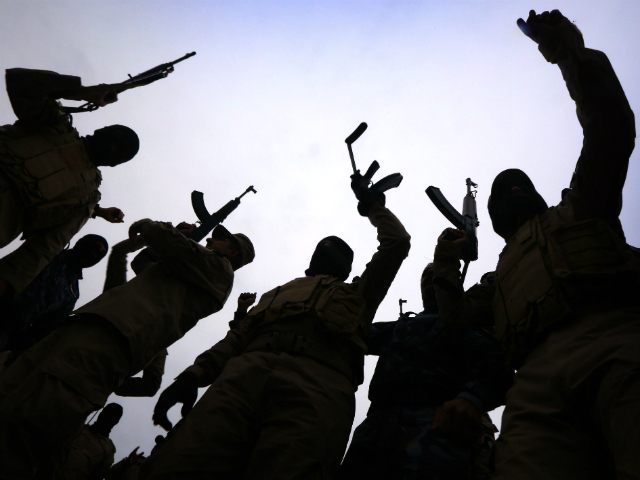Libya’s Government of National Accord (GNA) – the much-touted “unity” government supported by the United Nations – is slowly taking control of government agencies. On Monday, the GNA took over the office of foreign affairs. Additionally, “transport, social affairs, environment, and youth and sports ministries have likewise been transferred to the new government.”
With international support, the GNA has asserted the most political power over the country since the fall of Gaddafi, though it faces stiff challenges from an array of jihadist groups and roving militias, including the Islamic State and al-Qaeda. Among the challengers is the House of Representatives (HofR), the nation’s legislature which, before the UN brokered the peace deal that got the GNA to Tripoli, was the internationally-backed government of the nation. The United States still backs the HoR government, which has rejected the UN unity deal.
The GNA’s moves to control Tripoli – and keep the HoR, the Islamic State, al-Qaeda, and a number of Islamist militias out of power – have divided the legislature, located in eastern Tobruk. Although GNA has not been formally endorsed, a majority of the Parliament issued a vote of confidence in the GNA, contra leadership.
The UN has pressured Islamist groups and unaffiliated militias to band together behind the GNA to combat the jihadist threat. Without centralized support, the GNA could fall victim to jihadi control, experts warn. Deputy Prime Minister Mousa al-Koni has stated that “without central leadership to rally the fight against it, the Islamic State could become all but unstoppable,” adding to concerns of a divided Libya.
The Islamic State has conquered significant territory in the region and doubled its presence in Libya specifically in the last year, according to the top U.S. commander in the region, Army Gen. David M. Rodriguez. While the group recently lost control of the key stronghold of Derna, it remains entrenched in Sirte, Muammar Gaddafi’s hometown. ISIS relies heavily on Libyan territories for the production and sale of illegal oil.
Earlier this week, a rebel government in eastern Libya shipped its first cargo of crude oil, despite authorities in the capital Tripoli telling them they were not allowed to ship. The tanker bound for Malta was carrying around 650,000 barrels of crude. According to France 24, “Maltese national TV said the ship was in international waters near Malta. The island’s Port Directorate said the tanker was not authorized to dock there and requests would be refused.”
War and a lack of central government have dramatically reduced Libya’s official oil production to significantly less than the 1.6 million barrels per day produced before the uprising.

COMMENTS
Please let us know if you're having issues with commenting.